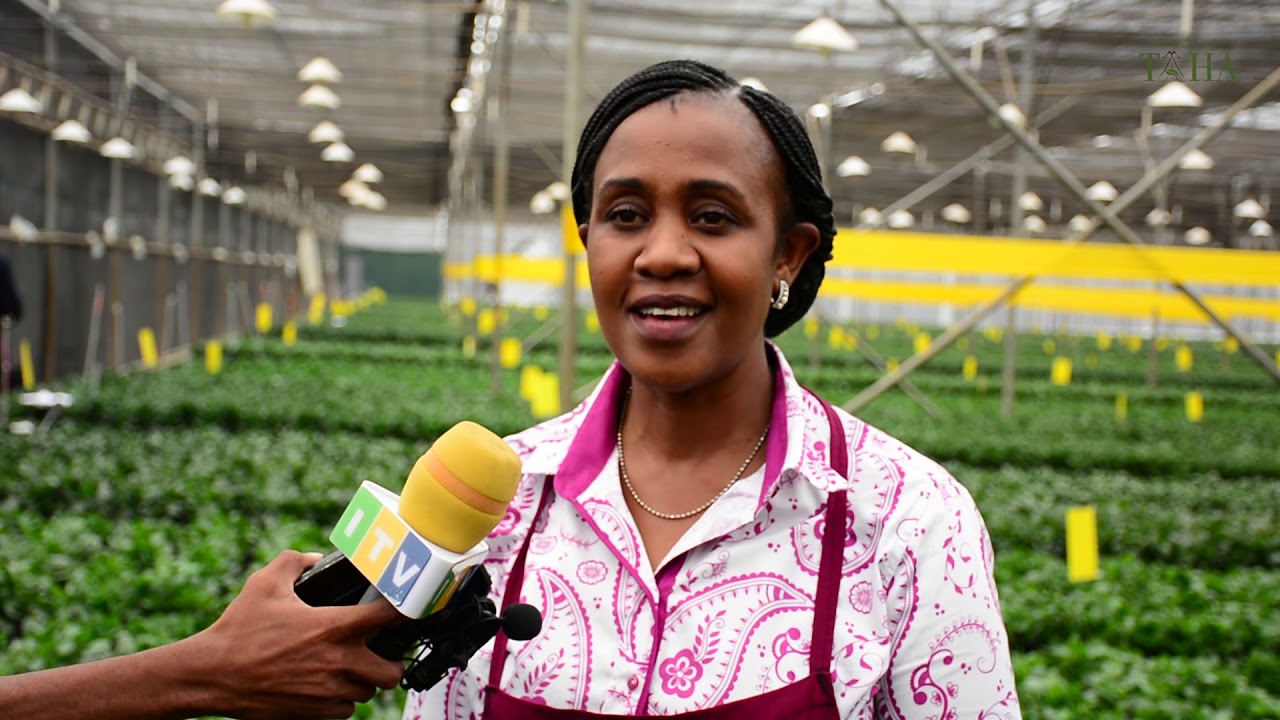AfricaPress-Tanzania: THE 2020/21 budget has won hearts of local several farmers, saying the fifth phase government’s financial plan will go down into history as the wisest agriculture friendly budget the country has ever had.
Chairperson for Agricultural Council of Tanzania (ACT), Dr Jacqueline Mkindi showered the government with praise for the 2020/21 budget, arguing that the plan will create more investments in the country and usher in a friendly environment, where business in crops, livestock and fisheries will flourish.
Tanzania’s agriculture sector which contributes nearly one-third of the country’s GDP and employs 75 per cent of the population and has the potentials to increase their incomes and improve livelihoods.
“We are so grateful that this budget is skewed towards creating a conducive environment for agri-business to flourish. It is an incentive for the current and prospective investors in the agricultural value chains of livestock, fisheries and crops,” said Dr Mkindi, while addressing a press conference over the weekend.
She further noted that the budget would position the sector to play its fundamental role in delivering raw materials to industries for the national development.
“As if that is not enough, the budget would shield domestic industries against unfair competitions, enhance our products in competitive regional and international markets,” pointed out Dr Mkindi, who is also a Tanzania Private Sector Foundation (TPSF) board member representing agriculture cluster.
The ACT boss further commended the fifth phase government under President Dr John Magufuli for his heroic scrap off of 60 different nuisance taxes and levies, which in turn have offered a big relief to majority of investors in the agriculture value chains.
Equally, she applauded the government for responding on Coronavirus pandemic with a lot of wisdom and shielding the agricultural sector from being disrupted, despite getting pangs of the climate change.
It is understood that horticulture, fisheries, coffee, cotton, cashew are the hardest hit industries by the negative impacts of the Covid-19 pandemic.
To relieve the sub-sectors, for instance, with the theme “stimulating the economy to safeguard livelihoods, jobs, businesses and industrial recovery”, the 2020/21 budget had offered exemption of VAT on Agricultural Crop Insurance.
This measure is intended to reduce costs on agricultural crop insurance and in turn enable farmers to insure their agricultural crops from unforeseen climate change tragedies such as droughts and floods.
However, Dr Mkindi praised Finance Minister, Dr Phillip Mpango, his Agriculture counterpart, Mr Japhet Hasunga, and deputies Hussein Bashe and Omar Mgumba for amending the VAT Act, which are enabling exporters of raw products to recover input tax and bear with competitions at the international markets and as well as abide by VAT destination principle.
“We are appreciating the government for granting duty remission on agricultural seeds packaging materials at duty rate of 0 per cent instead of 25 per cent” ACT boss said.
The budget also contains a Stay application of East African Community (EAC) Common external tariff (CET) rate of 25 per cent and applies a duty rate of 35 per cent for one year on imported horticultural products.
This measure intends to protect local farmers against unfair competition and in turn trigger employment in the horticulture industry.
Exemption of custom duty on imported implements by person or entity engaged in horticulture, aquaculture, agriculture or floriculture in order to promote growth of the sub-sectors in the country was also applauded by the ACT boss.
Expounding, she mentioned the government abolishing Occupational Safety and Public Health Training fees of 250,000/- for each participant as another constructive move, arguing that the provision of public education on Safety and Health is a core obligation of OSHA, as the right step to reduce burden on investors.
The 2020/21 budget has been crafted to focus on creating enabling environment for doing business and investment, industries development to foster economic growth and industrialization, intervention for human development and strengthening execution of the plan.







